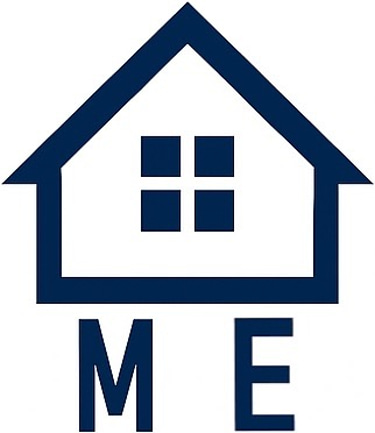Financing Options Explained – FHA, VA, Jumbo, Conventional
Buying a home often starts with choosing the right mortgage. With so many financing options available, it’s important to understand how FHA, VA, Jumbo, and Conventional loans differ. This guide breaks down each loan type, who it’s for, and the pros and cons, so you can make an informed decision.
FHA Loans
Overview:
FHA loans are backed by the Federal Housing Administration and are designed to help first-time buyers or those with lower credit scores.
Eligibility:
Minimum credit score: 580 (with 3.5% down)
Debt-to-income ratio: up to 43% (sometimes higher with compensating factors)
Must occupy the property as your primary residence
Benefits:
Low down payment requirement (as little as 3.5%)
More flexible credit requirements
Allows gift funds for down payment
Drawbacks:
Mortgage insurance premium (MIP) required
Loan limits vary by county
Less competitive for higher-priced homes
VA Loans
Overview:
VA loans are backed by the U.S. Department of Veterans Affairs and available exclusively to eligible veterans, active-duty service members, and some surviving spouses.
Eligibility:
Certificate of Eligibility (COE) required
Must meet service requirements
Primary residence only
Benefits:
No down payment required
No private mortgage insurance (PMI)
Competitive interest rates
Easier to qualify with flexible credit standards
Drawbacks:
VA funding fee (may be financed into loan or waived for disabled veterans)
Limited to eligible service members and families
Jumbo Loans
Overview:
Jumbo loans are for homes priced above conforming loan limits set by Fannie Mae and Freddie Mac. These loans are designed for luxury properties or homes in high-cost areas.
Eligibility:
Higher credit scores (often 700+)
Larger down payment (10%–20%)
Strong income and asset documentation
Benefits:
Financing for high-value homes
Flexible loan terms (fixed or adjustable rates)
Can avoid multiple loans for one property
Drawbacks:
Stricter underwriting requirements
Higher interest rates than conforming loans
Larger cash reserves required
Conventional Loans
Overview:
Conventional loans are not insured by the government and are available through private lenders. They are the most common type of mortgage in the U.S.
Eligibility:
Minimum credit score: typically 620+
Down payment: as low as 3% with strong credit
Primary, secondary, or investment properties allowed
Benefits:
Flexible loan amounts and terms
Can cancel private mortgage insurance (PMI) when equity reaches 20%
Strong option for borrowers with good credit
Drawbacks:
Higher credit score requirements than FHA
Stricter debt-to-income ratios
PMI required with less than 20% down
Side-by-Side Comparison
Loan TypeMin. Down PaymentCredit ScoreMortgage InsuranceBest ForFHA3.5%580+Required (MIP)First-time buyers, lower creditVA0%FlexibleNoneVeterans, service membersJumbo10–20%700+VariesLuxury / high-value homesConventional3%620+PMI <20% downBorrowers with strong credit
FAQ
Q: Which loan is best for first-time buyers?
A: FHA loans are often best for first-time buyers with limited savings or lower credit. Conventional loans may be better if you have strong credit and can put more money down.
Q: Can I qualify for a VA loan with bad credit?
A: VA loans have more flexible credit requirements, but lenders still evaluate your overall financial profile.
Q: When should I consider a Jumbo loan?
A: If your desired home price exceeds conforming loan limits, you’ll need a Jumbo loan to cover the difference.
Q: How do I know which option is right for me?
A: Compare your credit score, down payment savings, and eligibility. Speaking with a mortgage expert can help you choose the best fit.
Fathom Realty Group Inc
24800 Chrisanta Dr Suite 140,
Mission Viejo, CA 92691
888 455 6040
Maksim Egorov
REALTOR®
DRE #02278643
24800 Chrisanta Dr Suite 140
949 299 9104
max@maksimegorov.com
Get in touch
© 2025. All rights reserved.


